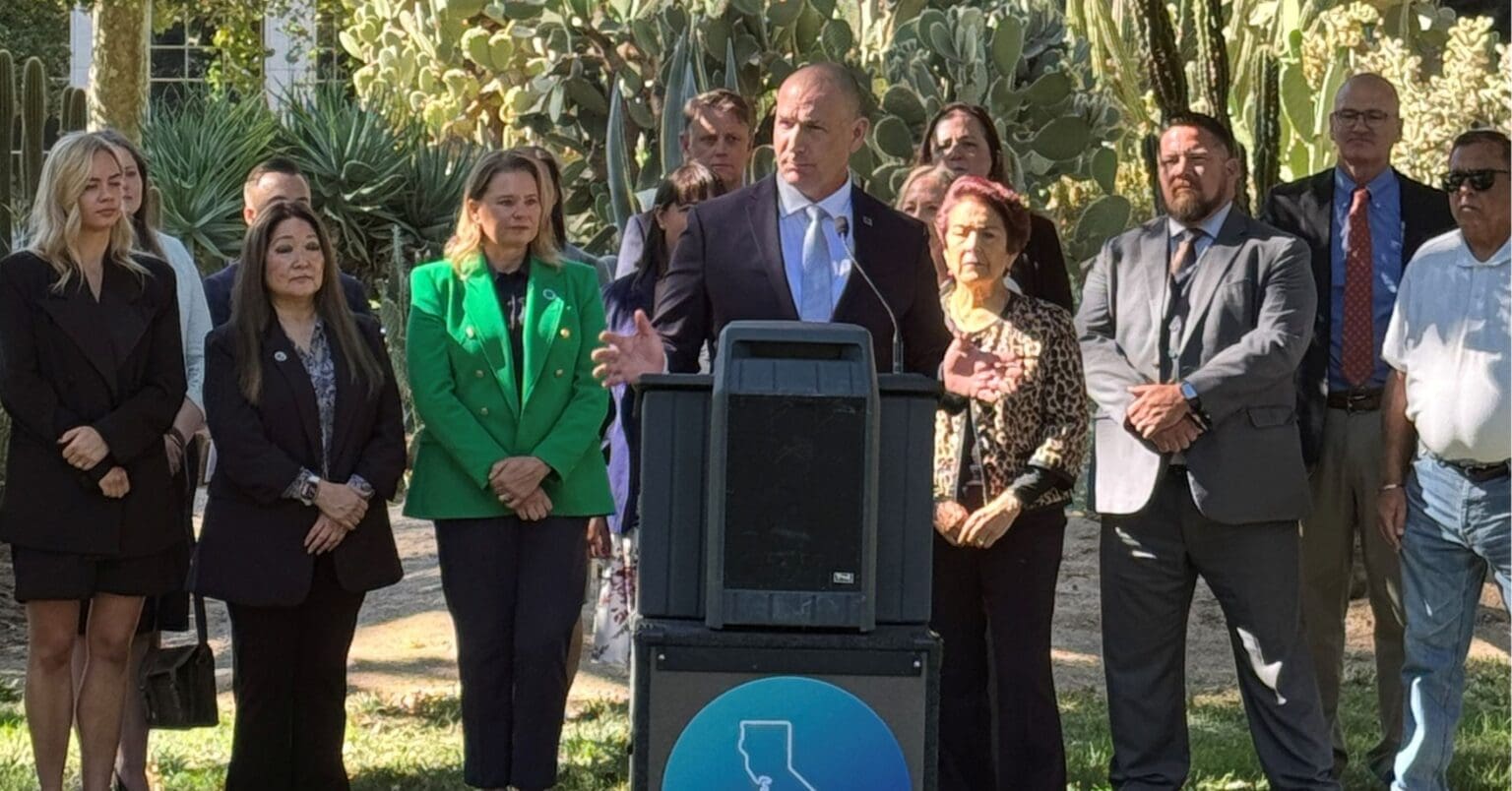Down to the Wire: CSAC Advocates During Final Stretch of Session
Back to News
A Senate President pro Tem’s chief of staff once paraphrased Parkinson’s Law when discussing the final stretch of California’s legislative process: “The amount of work expands to fill the time allowed.”
This year, that work expanded so far, it burst its bubble.
The final two weeks of the legislative year—known as “end of session”—are a mad dash to determine the fate of pending legislation. These two weeks are traditionally marked by surprise bills (“gut and amends”), strong language on the Senate and Assembly floors, amendments to the state budget, and many late nights of negotiation. This year, more than 850 bills, including 18 new bills related to amending the state budget, hang in the balance as the Legislature’s self-imposed deadline to conclude its business—midnight on Friday, September 12—quickly approaches.
Like most people, even lawmakers can sometimes procrastinate, leaving important decisions and consequential policies to the final hours. Through the waiver of certain rules (yes, the Legislature has limited authority to waive their own rules), the end of the 2025 Legislative Session will extend through Saturday, September 13.
The CSAC Legislative Affairs staff has worked nights and weekends over the last two weeks and will continue to engage until the final gavel to ensure the bills that reach the governor’s desk reflect counties’ fiscal and operational realities. Following the adjournment of the floor, CSAC will circulate a final recap.
In the meantime, here are some headlines from the action so far, as of Thursday afternoon:
Budget: County voices successfully advocated for up to $40 million in CalFresh funding to enable counties to address county cost increases from federal policy changes in HR1. Another provision lets the state begin work to reduce the CalFresh error rate to minimize HR1’s upcoming federal cost shift to states. There’s also language that could accelerate the distribution of HHAP Round 7 funds so efforts to reduce homelessness don’t stall, though that’s currently hung up in an unrelated debate. Learn more on the end-of-session budget flurry here.
Cap and Trade: This is what’s forcing the Legislature into overtime. A deal reached in the wee hours of Tuesday night would extend the program and allocate revenues to multiple sources. Because the terms of the deal did not become public until Wednesday morning, lawmakers will have to stay into Saturday to comply with the 72-hour constitutional requirement for bills to be in print before voting, instead of adjourning Friday night as planned.
Water: A measure to codify measurable water supply targets into law (SB 72, Caballero) advanced through the Legislature without any opposition, but its fate with the governor is uncertain. CSAC’s Graham Knaus spoke at a press conference Monday for the CA Water for All Coalition urging the governor to sign the bill. “California’s current strategy on water is to cross our fingers, close our eyes, and hope for the best,” he said. “It’s time to have a real strategy based on real goals.”
Liability: Counties’ urgent plea for protection from “nuclear verdicts” in cases that date back decades nearly culminated in a deal that would have provided desperately needed relief (SB 577, Laird). But the effort failed to advance earlier this week and won’t move forward this year. CSAC will continue to advocate for counties on this critical issue during legislative recess.
Brown Act: A CSAC-backed effort to modernize the Brown Act will stretch into next year. Rule waivers are required to keep key provisions from expiring on January 1, 2026 —including remote meeting options established under AB 2449 (Chapter 285, Statutes of 2022) and social media guidance established under AB 992 (Chapter 89, Statutes of 2020). CSAC will continue working to ensure these and other needed Brown Act updates are enacted.
Warehouses: Final votes are imminent on a push to fix AB 98 (Chapter 931, Statutes of 2024), a rushed and costly law passed last year aimed at curbing warehouse-related air pollution and traffic congestion. While intended to address impacts from the logistics industry in Inland Empire, the state’s sweeping, one-size-fits-all mandates extend to every local government in the state — even in regions with no warehouses or related development. The cleanup legislation moving forward has been amended to address county concerns, and CSAC now strongly supports its passage.